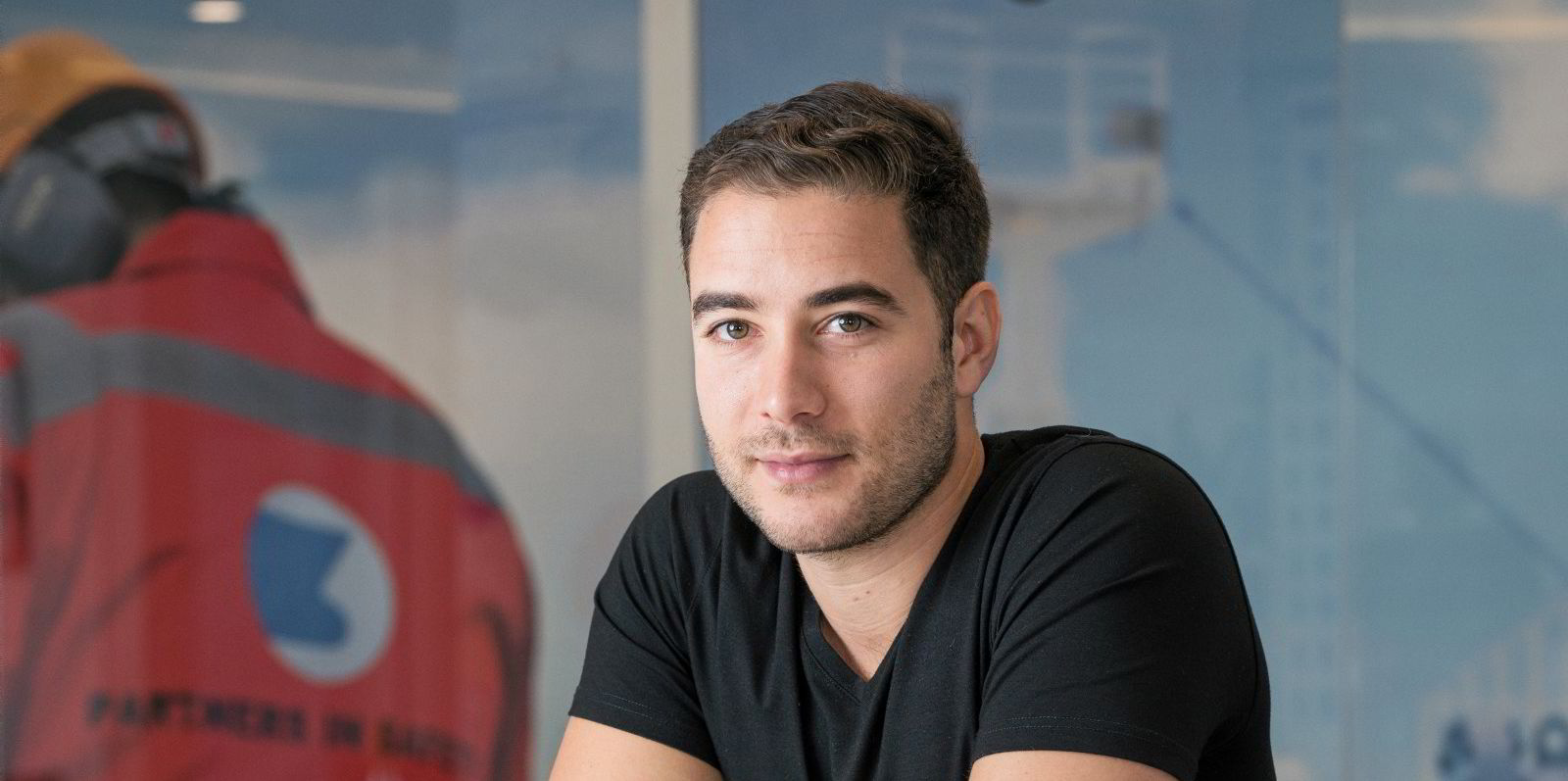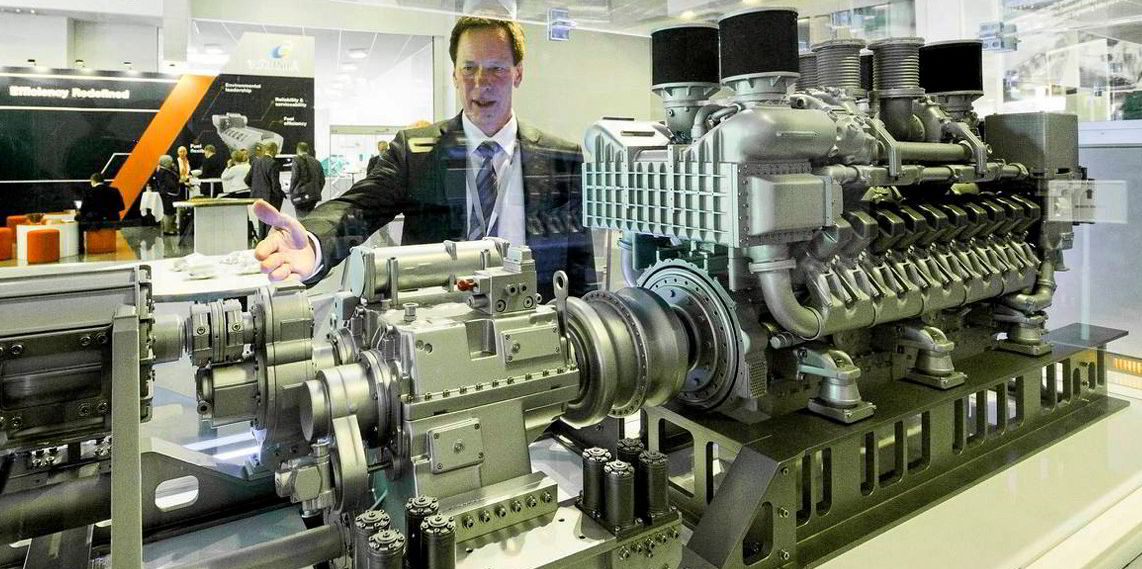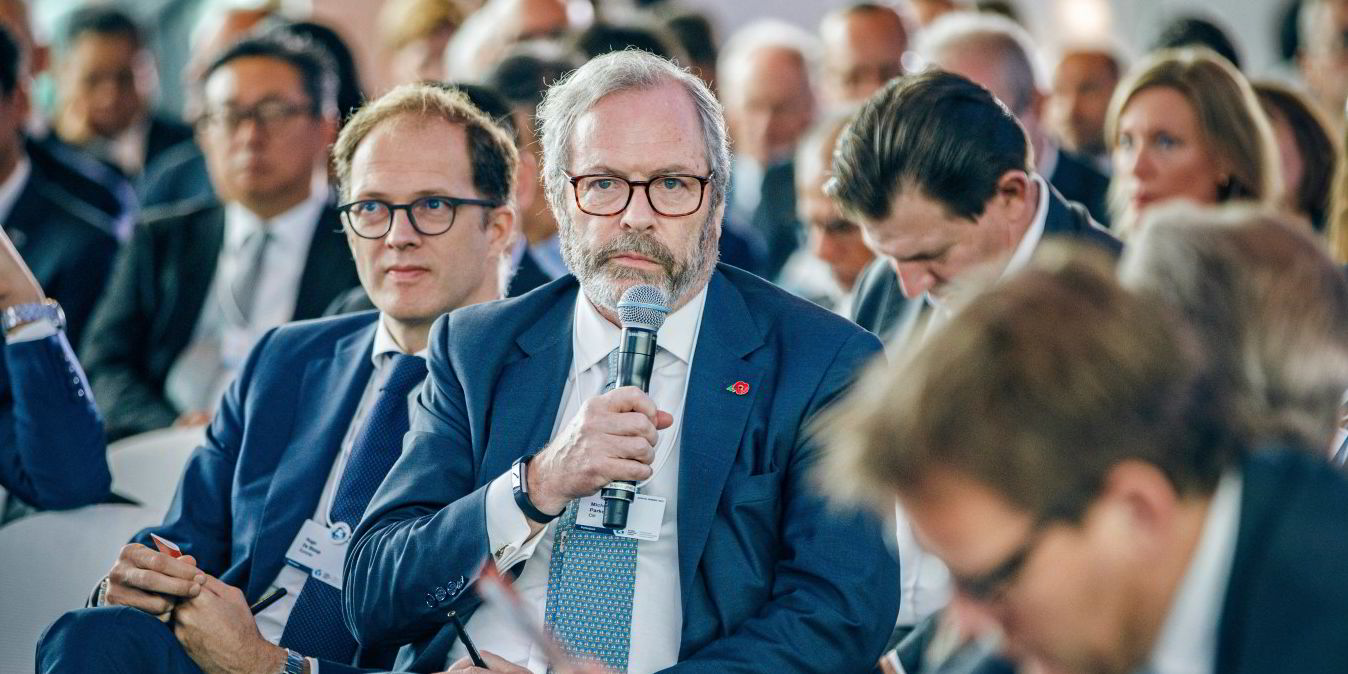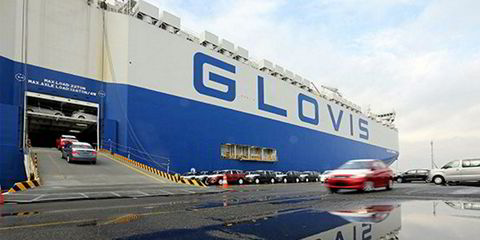Idan Ofer's Eastern Pacific Shipping (EPS) has unveiled the much-anticipated line-up for the second year of its shipping technology start-up scheme.
The Singapore owner is working with Techstars to help a diverse group of new companies tackle a wide range of maritime needs.
The onset of Covid-19 has fundamentally changed how the world lives, travels and does business, the company said.
The pandemic has highlighted an urgent need to implement technology, and acted as a catalyst that accelerated innovation efforts, it believes.
The project leaders have sifted through over 1,000 applications to find and invest in nine start-ups which hail from Belgium, Denmark, India, Israel, New Zealand, Singapore, Spain, and the US.
Each has the potential to advance the maritime community forward, especially when it comes to sustainability, health, and safety, they believe.
Products range from robotics, machine vision, virtual reality, artificial intelligence (AI), fuel efficiency and more.
Mentoring on offer
The project will provide industry-wide collaboration, mentoring and support.
Special advisor for innovation at EPS, Gil Ofer, said: "When we started this programme, our vision was to create a platform where the maritime industry can collaborate and move forward together."
"Year one succeeded in this when we saw over 150 industry leaders offer their expertise to our start-ups, not for financial gains but rather for the greater good of the industry," he added.
Ofer said that although year two will be mostly virtual, he believes the group will bring the same level of enthusiasm, motivation, and inspiration, allowing them to create a strong network and a clear path to commercialisation.
The nine start-ups will embark on a 90-day mentorship-based programme culminating in a demo day in February 2021.
Another 10 companies will be supported in the third year.
Fuel and robotics
Among the new batch is The Fuel Matrix, which is building a solution to help ocean-going vessels reduce fuel consumption and emissions by improving conventional liquid fuels for more efficient, cleaner combustion.
Aliciabots is focusing on autonomous, robotic hull-cleaning solutions, while Spoolify is an AI platform connecting the $25bn maritime service jobs industry to vetted personnel from around the world.
SeaErra is another AI company enabling underwater vision, and Kanda uses virtual, augmented and mixed reality to make training in heavy industries more effective.
Nido Robotics builds underwater robots for inspection, maintenance and research services and Cerekon wants to revolutionise industrial inspections by making it hands-free, faster and safer for inspector and auditors.
Last year, companies included C-Log, Volteo Maritime and Nautilus Labs.







